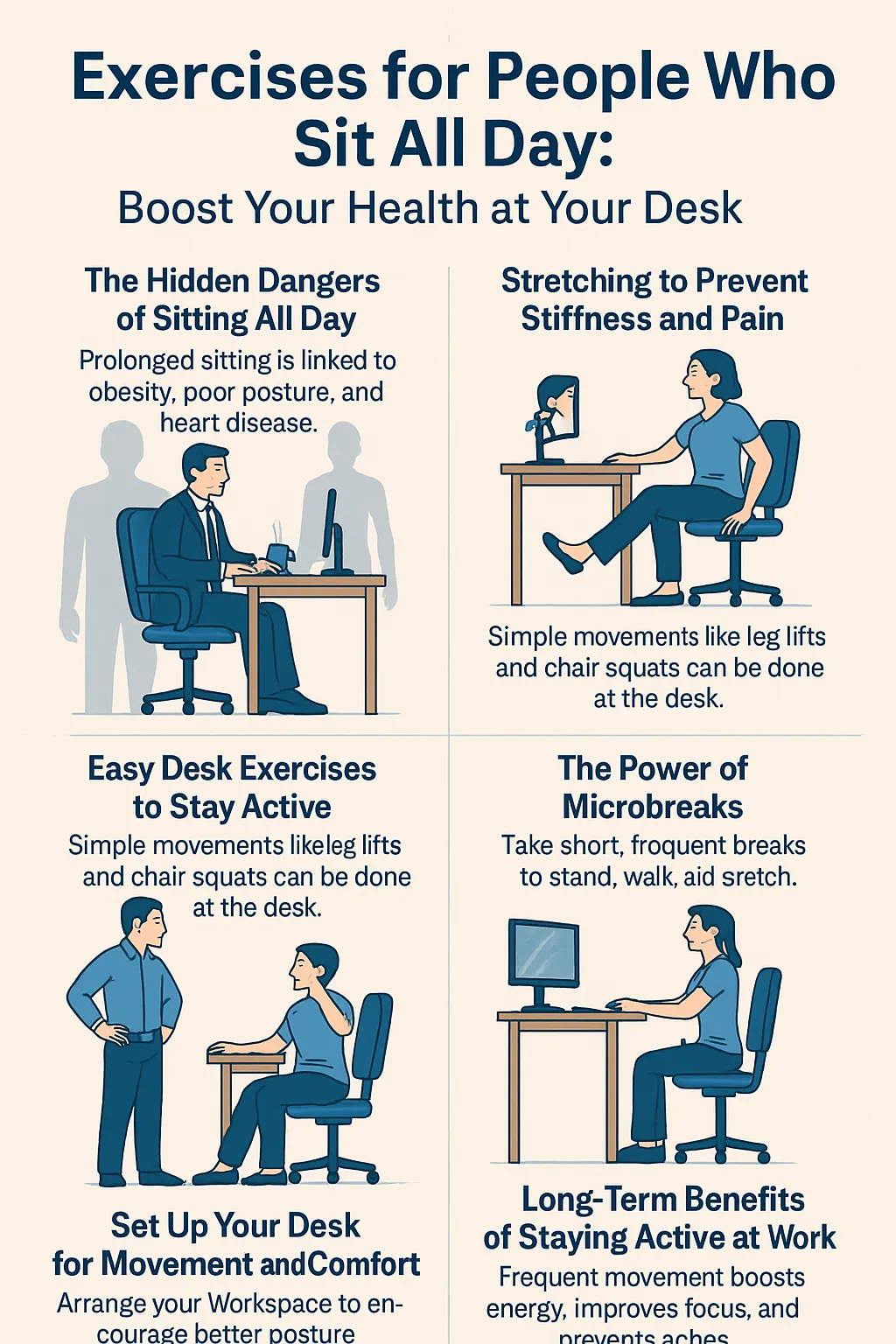
Intermittent fasting (IF) has become one of the most popular wellness trends in recent years—and for good reason. Research shows that this eating pattern can help with weight loss, improve metabolic health, and even extend lifespan. But intermittent fasting is more than just skipping meals—it’s about aligning your eating schedule with your body’s natural rhythm.
In this article, we’ll explore the top benefits of intermittent fasting, how it works, and how to get started safely.
Intermittent fasting is not a diet, but rather an eating pattern that alternates between periods of eating and fasting. The most common methods include:
When you fast, insulin levels drop, and your body starts to burn stored fat for energy. This triggers cellular repair, reduces inflammation, and activates genes linked to longevity.
One of the biggest reasons people try intermittent fasting is for weight loss. Here’s why it works:
In multiple studies, intermittent fasting led to 3–8% weight loss over 3–24 weeks—without restricting food groups or requiring strict meal plans.
In addition to shedding pounds, intermittent fasting offers a range of health benefits backed by science:
These benefits make IF one of the most effective long-term wellness strategies.
Can fasting really help you live longer? Animal studies consistently show that calorie restriction and intermittent fasting can:
In humans, long-term studies are still ongoing, but early results are promising. Fasting appears to trigger autophagy—the process by which your body cleans out damaged cells and regenerates new ones—linked to slower aging and better health span.
Getting started with IF doesn’t need to be complicated. Here’s how to start intermittent fasting safely:
Start slowly (e.g., fast for 12 hours), and build up to longer fasting windows.
While intermittent fasting is safe for most people, it may not be suitable for everyone. You should avoid or consult a doctor before starting IF if you:
Always speak with a healthcare provider before making significant changes to your eating routine.
Intermittent fasting is more than just a passing trend—it’s a powerful, science-backed strategy for weight loss, metabolic health, and longevity. By cycling between periods of fasting and eating, you can optimize fat burning, improve insulin sensitivity, and activate natural repair processes that promote long-term wellness.
Whether you’re looking to shed a few pounds, boost your energy, or support healthy aging, intermittent fasting may be the key to unlocking your body’s full potential.